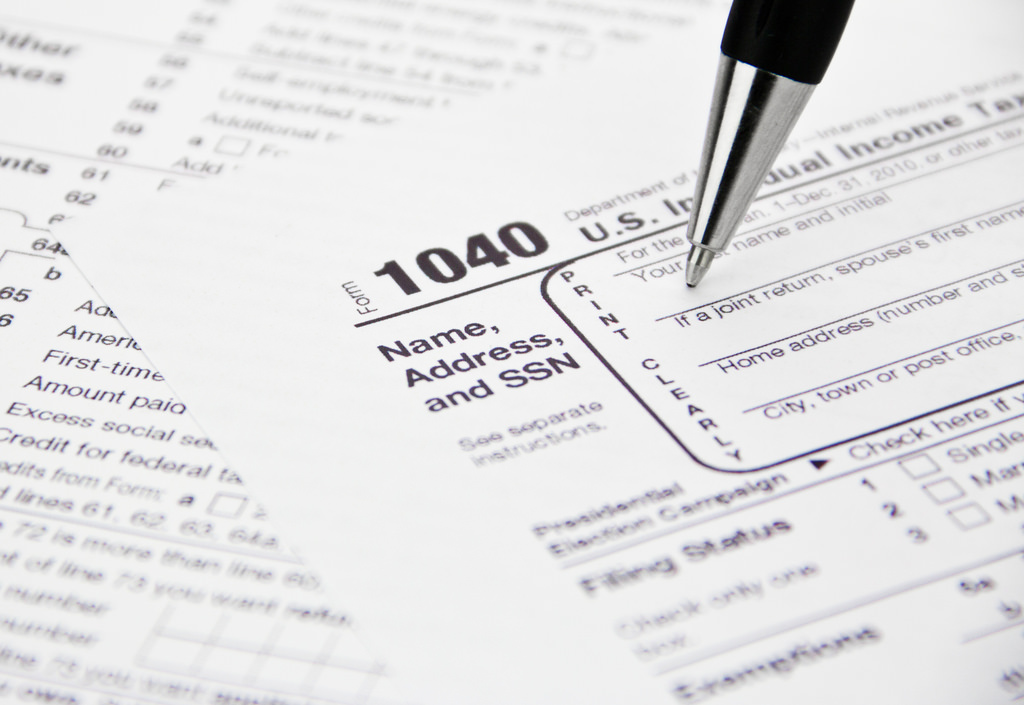2017 Tax Filing Season Due Dates

There are several important tax return due date changes to note for 2016 tax returns prepared during the 2017 filing season. These changes were part of the Surface Transportation and Veterans Health Care Choice Improvement Act of 2015 and the Protecting Americans From Tax Hikes Act. Effective January 1, 2017, applicable to 2016 tax returns and the 2017 filing season, the due dates are the following:
|
Form |
Prior Due Date |
Prior Extended Due Date |
New Date |
New Extended Due Date |
| 1096/1099-MISC | February 28 | None | January 31 | None |
| W-3/W-2 | February 28 | None | January 31 | None |
| 1065 | April 15 | September 15 | March 15 | September 15 |
| 1120S | March 15 | September 15 | March 15 | September 15 |
| 1040 | April 15 | October 15 | April15 | October 15 |
| 1041 | April 15 | September 15 | April15 | September 30 |
| 1120 | March 15 | September 15 | April 15 | September 15 |
| FinCEN 114 | June 30 | None | April 15 | October 15 |
| 990 | May 15 | November 15 | May 15 | November 15 |
| 5500 | July 31 | October 15 | July 31 | October 15 |
The above due dates are for Federal purposes only, but many states are likely to follow these due dates. States will need to enact legislation or issue regulations and guidance to change their previously enacted due dates.
So why did the due dates change? Tax professionals and taxpayers voiced several concerns regarding receiving flowthrough entity Schedules K-1 late, which posed a problem for filing accurate and timely individual income tax returns by the filing deadline. The previous filing deadlines for flowthrough entities allowed for a month of time after the extended due date, to get the individual income tax return filed. However, if the flowthough entity was filed late or the entity distributed out its’ Schedules K-1 late to the owners, this caused an inconvenience for preparing the individual income tax return on such short notice. One of the most common issues as to why the Schedules K-1 were late was due to the increased quantity and complexity of flowthrough entities. As a result of the increase in partnership and S Corporation tax returns, there was also an increase in the number of individuals and entities relying on this information.
Because of the demand for a more logical flow of information between entities and individuals, the AICPA successfully advocated for the change in due dates. The new due dates will hopefully improve the tax return filing process, improve the accuracy of tax information, and promote earlier filing of business and individual returns.
If you have any questions regarding the change in tax filing due dates or how this might affect your business or individual income tax filings, please give our office a call.
Photo: www.AssistedSeniorLiving.net
